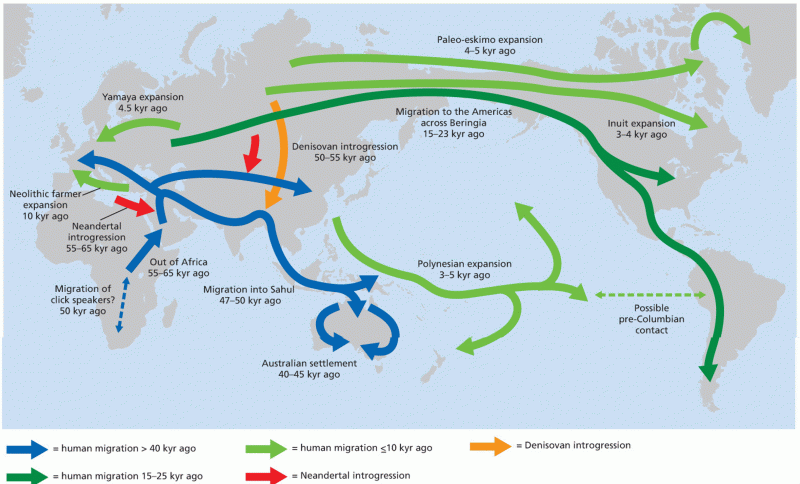|
|
|
Chronic marijuana use can damage the white blood cells and reduce the immune system's ability to respond to disease by as much as 40%. Without a strong immune system, the body is vulnerable to all kinds of degenerative and infectious diseases.
Fungal nail infections account for up to 30% of all skin infections. They affect 5% of the general population—mostly people over the age of 70.
Asthma is the most common chronic childhood disease in the world. Most children who develop asthma have symptoms before they are 5 years old.
In the United States, there is a birth every 8 seconds, according to the U.S. Census Bureau's Population Clock.
According to the FDA, adverse drug events harmed or killed approximately 1,200,000 people in the United States in the year 2015.







